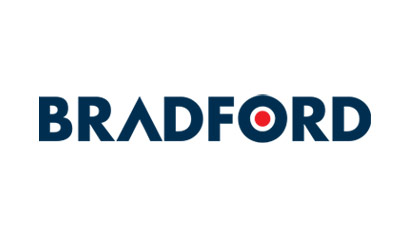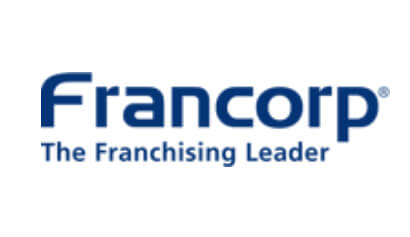To get access to over 10000+ Franchise Business Opportunities.
Network with the growing Business Community to get expert interventions to let you learn to Grow & Expand your Business with Franchising.
FIRST of all, it is important to know that a franchise opportunity is just another business opportunity. One does not suspend normal business considerations in evaluating franchise opportunities.
FIRST of all, it is important to know that a franchise opportunity is just another business opportunity. One does not suspend normal business considerations in evaluating franchise opportunities. In other words, common sense must still prevail. However, franchises do have their peculiarities that the potential investor needs to be informed about.
Some of these peculiarities are briefly discussed below:
Fixed franchise term
Almost all franchise appointments are for a fixed period of time, i.e. the appointed franchisees are given the exclusive right to use the franchisor's trade names, trade marks, systems or know-how and operate the franchisor's business in a specific territory only for a specific period of time, normally ranging from three to ten years. Unless the franchisee has seriously failed to meet its obligations, most franchisors will renew the agreement when it has expired. Be aware that certain countries' franchise laws do specify a minimum tenure - e.g. five years in Malaysia.
Development schedule
If franchise rights are given for a particular area or country or region - often referred to as area franchises or master franchises - it is quite common for the franchisor to insist on a mutually-agreed development schedule for the territory. Invariably, this means that the franchisee has to establish an agreed number of outlets within a certain number of years.
Intellectual property rights
One of the main items in franchising involves the use of intellectual property rights. The majority of franchisors are very particular and specific about the way their intellectual property rights are to be used. This includes the implementation of the franchisor's corporate identity in the franchisee's business and any upgrading that may be required after a period of time.
Despite its high success rate, franchising is not for everyone. Seeking the advice of an experienced consultant is advisable. Let's now go into the specifics of how an investor should go about selecting a franchise.
Selecting a franchise
When selecting a franchise company, one should expect to see a franchise prospectus documenting the company's franchise offer and track record. Do note that several countries have enacted legislation that requires the franchisor to disclose a whole gamut of information to the prospective franchisee, otherwise, the franchisor would have committed an offence.
Specifically, what should the potential franchisee look for are :
Elements of a good business
These elements can include one or more of the following - the more the better:
The above elements help indicate to the potential franchisee the competitiveness of the franchise in the given territory. Therefore, visits to the franchisor's premises and several existing franchised outlets are absolutely necessary.
True investment costs
The true, not projected, investment costs need to be determined. Expenses such as rental, deposits, leasing, transportation, salaries and insurance need to be checked for accuracy, especially if the potential franchisee is unfamiliar with the business.
Conclusion
Investing in a franchise requires a keen eye for business opportunities and a sharp mind on the part of the potential franchisee. The potential franchisee should educate himself/herself about the benefits and pitfalls of franchising prior to the purchase of a franchise. He/She must be satisfied with the information provided by the franchisor and fully understand that despite all the precautions that can be taken, buying a franchise is still taking a business risk, albeit a lower one. Good franchises can fail and bad franchises may thrive. Unfortunately, there is no such thing as a sure thing, not even in franchising. Do not let anyone "guarantee" you success.
The author is CFE, CMC, Chairman/CEO/Managing Director, Asiawide Franchise Consultants Pte Ltd. Their website is www.asiawid efranchise.com


Business Opportunities
Browse By Investment Range
Browse By States
Popular Cities
We value your privacy.
You can unsubscribe anytime















